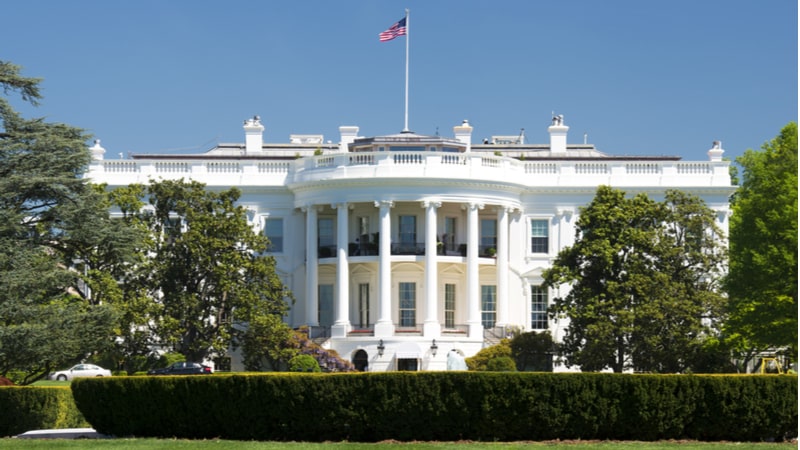
President Biden signed an executive order on August 9 that will give the Treasury Department the ability to block private-sector U.S. investments in China that involve hot-button technologies including artificial intelligence, quantum information science, and semiconductors and microelectronics.
The White House said the order is driven by the administration’s aim to keep the United States safe and defend “America’s national security by protecting technologies that are critical to the next generation of military innovation.”
The order won’t take effect immediately. Instead, the Treasury Department is beginning a rulemaking proceeding “with proposed definitions to elaborate the scope of the program,” and will then provide public notice and solicit comments on its proposed rules before they take effect.
The Treasury Department said separately that the rulemaking proceeding will lead to a program to “(1) require U.S. persons to notify Treasury of certain transactions, and (2) prohibit U.S. persons from undertaking certain other transactions, in either case involving certain entities engaged in activities related to narrow sub-sets of three advanced technology areas identified in the E.O.”
“We are committed to taking narrowly targeted actions to protect our national security while maintaining our longstanding commitment to open investment,” the White House said in announcing the order.
“This program will seek to prevent foreign countries of concern from exploiting U.S. investment in this narrow set of technologies that are critical to support their development of military, intelligence, surveillance, and cyber-enabled capabilities that risk U.S. national security,” the White House said.
According to the White House, the program proposed by the executive order falls in line with existing U.S. export control and screening tools “with a ‘small yard, high fence’ approach to address the national security threat posed by countries of concern advancing such sensitive technologies.”
The order and the Treasury Department’s coming rulemaking “will prohibit certain investments in entities that engage in specific activities related to these technology areas that pose the most acute national security risks, and require notification for other sensitive investments,” the White House said.
The executive order flags only the Peoples Republic of China (PRC) “as a country of concern.”
“As part of a comprehensive, long-term strategy to advance the development of sensitive technologies and products, the PRC is exploiting, or has the ability to exploit, U.S. investments to further its ability to produce a narrow set of sensitive technologies critical to military modernization,” the Treasury Department said. “Such U.S. investments are often accompanied by certain intangible benefits that help companies succeed, such as managerial assistance, investment and talent networks, and market access.”
The Treasury Department said its rules are expected to cover a range of transactions “that could convey intangible benefits” including purchase of equity interests, mergers, venture capital funding, joint ventures, greenfield investments, and debt fundings convertible to equity.
“The United States already prohibits or restricts the export to the PRC of many of the technologies and products under consideration for the new program,” Treasury continued. “This new program would prevent U.S. investments from helping accelerate the indigenization of these technologies in the PRC, which undermines the effectiveness of our existing export controls and inbound investment screening programs which also seek to protect U.S. national security.”
